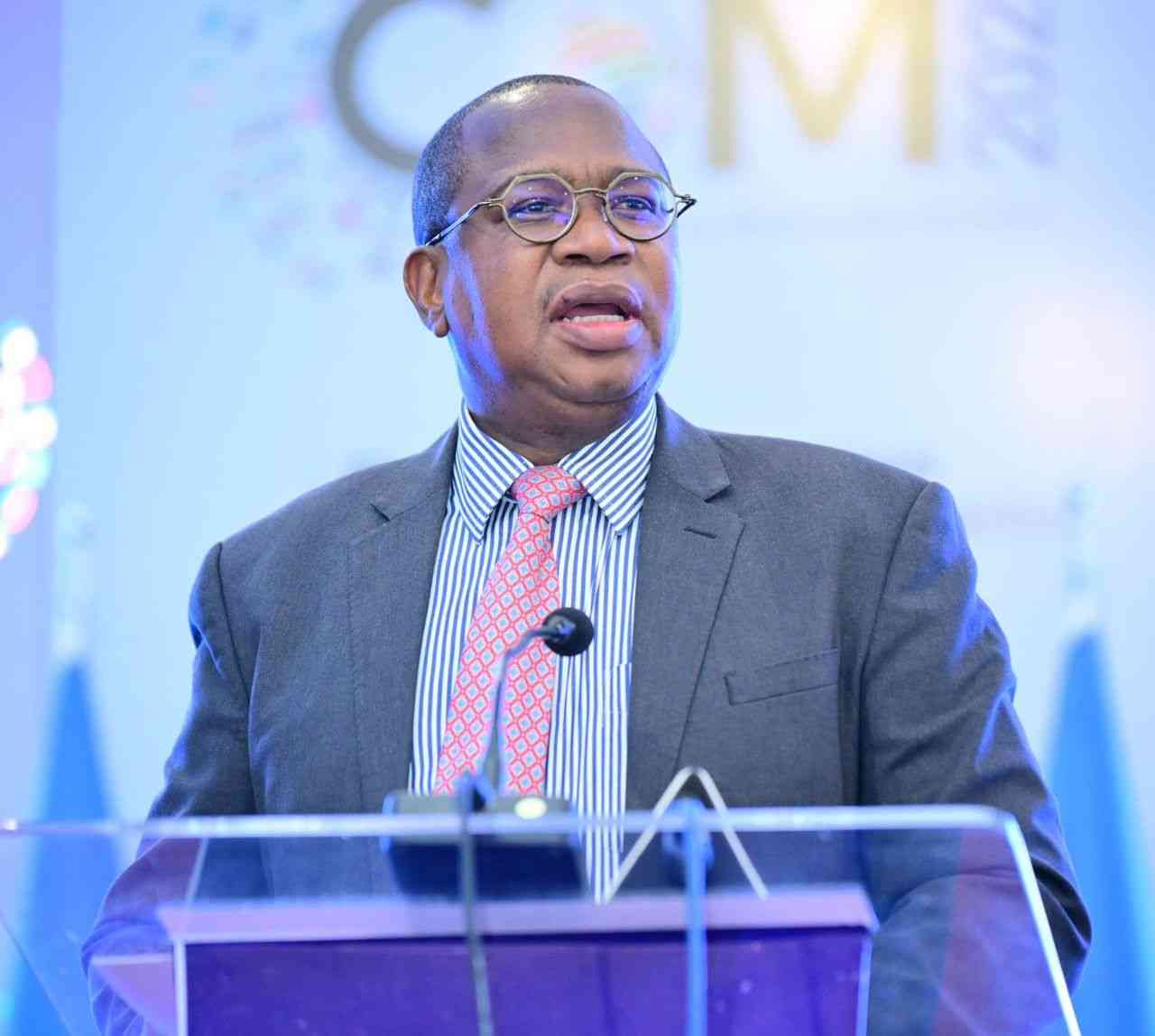THE issue of the state protecting monopolies is not new. It dates back to the era of the East India Company, also referred to as the British East India Company (BEIC), during the early colonial times.
The British government offered charters that gave the BEIC a monopoly. The company enjoyed monopolies in the spice and tea trade.
Economists call that coercive monopoly.
According to Wikipedia, “in economics and business ethics a coercive monopoly is a firm that is able to raise prices, and make production decisions, without the risk that competition would arise to draw away their customers.
“A coercive monopoly is not merely a sole supplier of a particular kind of good or service but it is a monopoly where there is no opportunity to compete with it through means such as price competition, technological or product innovation, or marketing; entry into the field is closed.
“As a coercive monopoly is securely shielded from the possibility of competition, it is able to make pricing and production decisions with the assurance that no competition will arise. It is a case of a non-contestable market.”
In the then Rhodesia, there was the British South Africa Company run by Cecil John Rhodes. It had monopolies in several sectors.
Billy Rautenbach’s Green Fuel, which exclusively supplies ethanol for petrol blending, is enjoying the same privileges; unbelievably so.
The government last week mandated, through Statutory Instrument (SI) 150 of 2024, the blending of anhydrous ethanol with unleaded petrol.
This law has sparked outrage among stakeholders and reignited concerns about monopolistic practices in the energy sector.
While the government claims the policy is designed to promote environmentally friendly fuel and reduce the country's fuel import bill, the reality suggests that the move may have more to do with protecting a monopoly than safeguarding national interests.
Green Fuel, Zimbabwe's largest ethanol producer, is co-owned by the state-run Agricultural Rural Development Authority and Rautenbach, who has long been linked to high-level political figures.
The company has enjoyed a near-monopoly in ethanol production since the policy’s introduction in 2013 under the late President Robert Mugabe.
As the Zimbabwe Independent reports in this edition, Green Fuel retrenched a significant number of workers in July following a steep decline in blended fuel sales.
In recent years many Zimbabweans have opted for unleaded petrol to protect their car engines, and also because it lasts longer in the tank.
This shift in consumer preferences threatened Green Fuel, prompting fears of more job losses.
In a move, which many believe was made to shield the business, the government has now banned the sale of unleaded fuel, effectively forcing consumers to purchase ethanol-blended petrol.
The government is forcing its citizens, thereby taking away their right to choose.
The economic implications of the ethanol blending mandate are troubling. Zimbabwe now has some of the most expensive petrol in the region, with the high cost of 10% ethanol blend priced at US$1,60 per litre.
The fuel blend does not last long, making it very costly to travel. In a country where inflation and currency instability have already eroded purchasing power, this financial burden is adding to the difficulties choking Zimbabweans.
The government, through the Zimbabwe Energy Regulatory Authority, has continued to enforce this policy, ignoring the growing dissatisfaction among motorists and the public.
Zimbabweans are questioning the government’s motive in maintaining a law that serves a single company. While ethanol is considered a cleaner fuel, the marginal environmental benefit may not justify the substantial financial burden placed on motorists.
The lack of a competitive market for ethanol production, coupled with the absence of cheaper alternatives, means that Zimbabweans are paying a heavy price for what is essentially a monopoly-driven policy.
Zimbabweans should be able to choose between blended and unleaded petrol based on cost, convenience, and vehicle performance.
Monopolies are archaic. It is time to allow for competition in the sale of petrol products including unleaded fuel.





